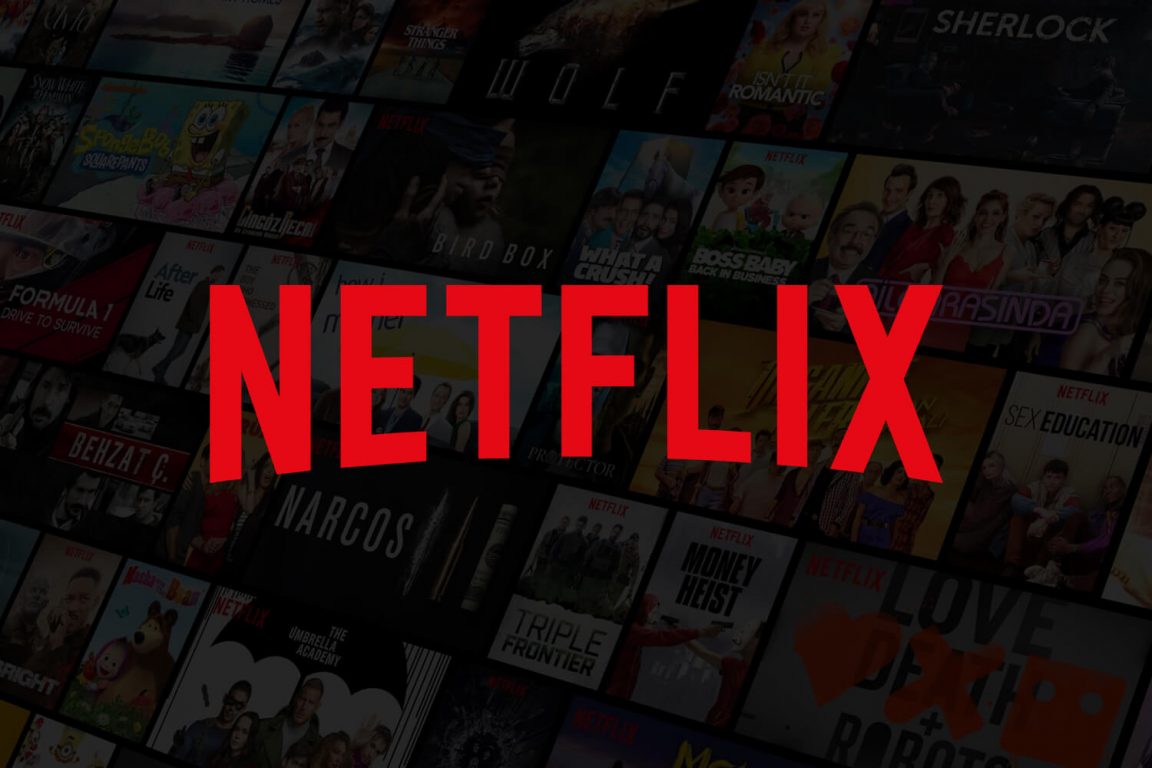Netflix Closes Boss Fight Entertainment Amid Game Development Shifts
Netflix has reportedly decided to close Boss Fight Entertainment, a game development studio acquired in 2022, which was known for creating titles such as Squid Game: Unleashed and the interactive narrative experience Netflix Stories. This move marks a significant shift in Netflix’s gaming strategy, especially considering the success of Squid Game: Unleashed, which launched concurrently with the show’s second season and garnered over ten million downloads on the Google Play Store.
The closure of Boss Fight Entertainment, which employed approximately 80 staff members, has raised questions regarding the future of these employees. It remains unclear whether they will be laid off or reassigned within Netflix’s broader gaming division. The company has not yet released an official statement regarding the closure, and inquiries from media outlets like Engadget are pending a response.
Design director Damion Schubert expressed his disappointment on LinkedIn, lamenting that the studio’s future projects would not be realized. He noted, “It’s infuriating that the world will never see some of the stuff that was shuffled away behind the scenes.” This sentiment reflects a broader concern among employees about the potential loss of innovative game concepts that could have emerged from the studio.
The decision to close Boss Fight Entertainment is particularly notable given the studio’s recent accomplishments. Squid Game: Unleashed not only achieved impressive download numbers but also received a significant software update aligned with the release of the show’s third season. This indicates that the studio had been actively developing content that resonated with audiences, further complicating the rationale behind its closure.
This closure is not an isolated incident; it follows Netflix’s decision to shut down its AAA game studio, Team Blue, in the past year. Team Blue had attracted talent from prominent gaming companies such as Blizzard, Bungie, and Sony Santa Monica, yet the projects they were working on were never disclosed to the public. This pattern raises questions about Netflix’s long-term commitment to the gaming sector and its strategy for developing engaging content.
Contextualizing Netflix’s Gaming Strategy
Netflix’s foray into gaming began as a natural extension of its brand, aiming to leverage its popular intellectual properties into interactive experiences. The streaming giant’s initial approach involved acquiring established studios and developing games that could enhance viewer engagement and attract new subscribers. However, the closures of Boss Fight Entertainment and Team Blue suggest a reevaluation of this strategy.
As the gaming landscape evolves, streaming services are increasingly competing not only with traditional gaming companies but also with each other. Netflix’s early investments in gaming were seen as an attempt to diversify its offerings and retain subscribers in a competitive market. However, the challenges of developing successful games that resonate with audiences have proven more complex than anticipated.
Market Trends in Gaming
The gaming industry has witnessed significant changes in consumer preferences and technological advancements. With the rise of mobile gaming, cloud gaming, and subscription-based models, companies must adapt quickly to stay relevant. Netflix’s initial strategy to enter the gaming market through acquisitions and internal development was a bold move, but the recent studio closures highlight the difficulties of navigating this competitive landscape.
- Mobile Gaming Growth: The mobile gaming sector continues to expand rapidly, with titles like Squid Game: Unleashed demonstrating the potential for success. However, creating games that capture and retain player interest requires ongoing investment and innovation.
- Consumer Expectations: Gamers today have high expectations for quality and engagement. As a result, studios must invest in developing compelling narratives and gameplay mechanics to compete effectively.
- Subscription Models: The rise of subscription-based gaming services has transformed how consumers access games. Companies like Xbox and PlayStation have successfully implemented subscription models, prompting Netflix to explore similar avenues.
Despite these challenges, Netflix remains committed to its gaming ambitions. The company has indicated its desire to produce a diverse range of gaming experiences that complement its existing content library. However, the recent closures raise questions about the viability of its current approach and whether a more streamlined strategy is needed.
Future Outlook for Netflix Gaming
As Netflix navigates this transitional phase, it will be crucial for the company to reassess its gaming strategy. This includes evaluating the types of games it develops, the studios it partners with, and how it integrates gaming into its broader content ecosystem. The gaming industry is dynamic, and adaptability will be key to Netflix’s success.
Looking ahead, Netflix may consider several strategic adjustments to better position itself within the competitive gaming landscape:
- Focus on Core IPs: Leveraging its most successful franchises, such as Stranger Things and The Witcher, could provide a more secure foundation for game development, ensuring that new titles are directly tied to existing fanbases.
- Partnerships and Collaborations: Collaborating with established game developers could help Netflix access expertise and resources that it currently lacks, potentially leading to more successful game launches.
- Investment in Emerging Technologies: Exploring technologies like augmented reality (AR) and virtual reality (VR) could open new avenues for immersive gaming experiences that align with Netflix’s storytelling strengths.
In conclusion, the closure of Boss Fight Entertainment marks a significant moment in Netflix’s gaming journey. While the studio’s achievements, particularly with Squid Game: Unleashed, showcased the potential for success, the company’s broader strategy must evolve to meet the challenges of the gaming market. As Netflix continues to explore its place in the gaming landscape, the focus will likely shift towards developing a more sustainable and engaging approach to interactive entertainment.
“`




